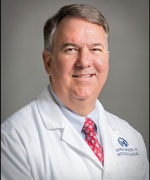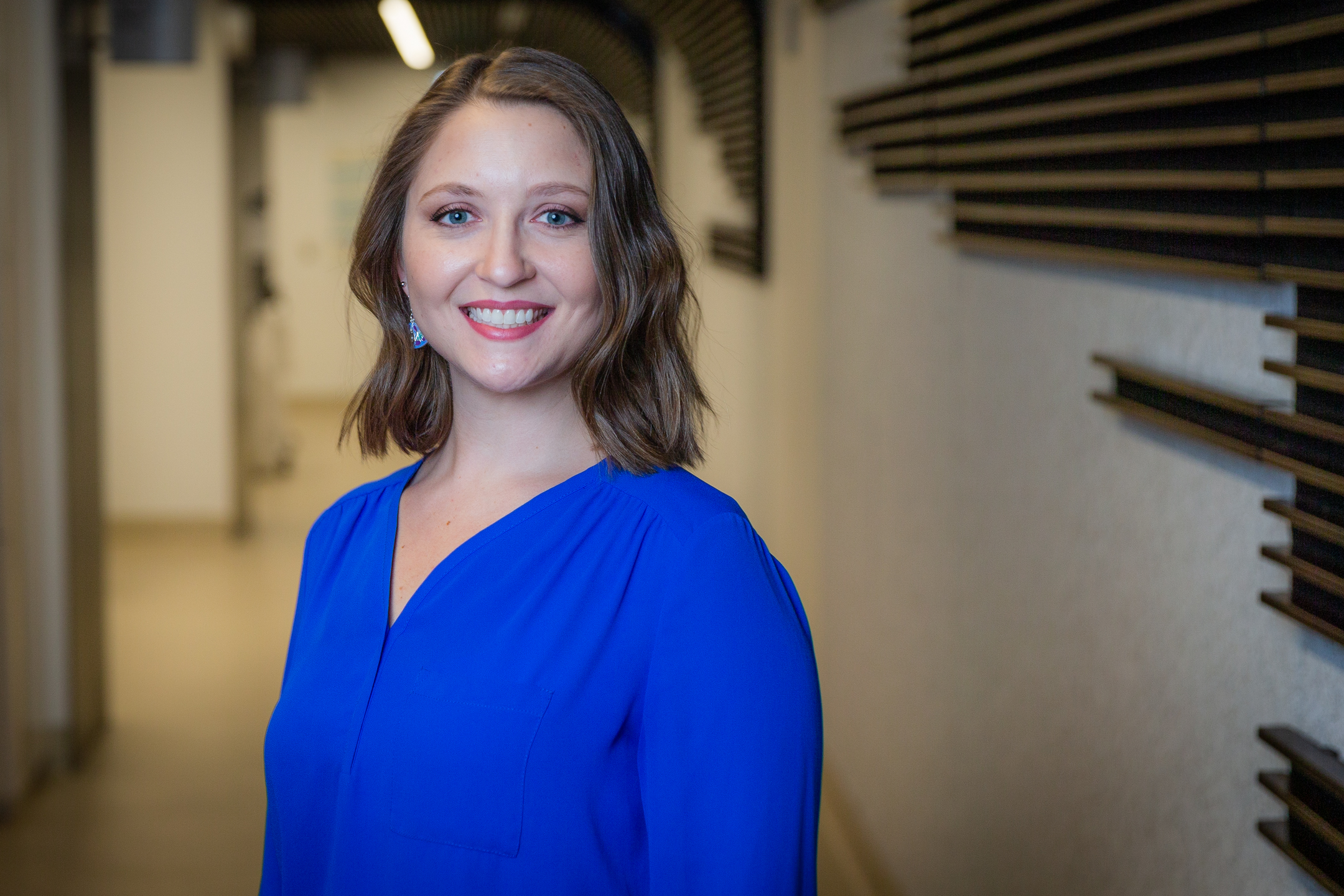Free N95 Masks Now Available from National Stockpile
Last week, the Biden administration began distributing 400 million free N95 masks from the national stockpile through pharmacies and community health centers. There is a limit of three masks per person.
It was nearly a year ago that the Centers for Disease Control and Prevention began scaling back on mask wearing for vaccinated individuals. However, with the omicron variant estimated to be three times more contagious than delta, mask wearing recommendations have since increased and sent consumers on the hunt for better masks, like N95s.
“Omicron may be more transmissible and more airborne,” said Dr. John Greene, chair of the Infectious Diseases Program at Moffitt Cancer Center. “Wearing masks when you can’t socially distance is the safest way to protect yourself. We know that the N95 offers the ultimate protection with the surgical mask being second and the cloth masks offering the least.”
Where Can I Find a Free N95?
Florida retailers such as Walgreens, Costco, Publix, CVS and Walmart reportedly received mask supplies last week. The masks are coming from the federal government’s Strategic National Stockpile where more than 750 million of them are stored. Pharmacies participating in the Federal Retail Pharmacy Program are most likely to have received free masks.
Unlike the free testing kits being delivered directly to homes, free masks must be obtained through a pharmacy or community health center. However, many of these pharmacies aren’t confirming over the phone if they have adequate supplies. People must visit in person to receive their three free masks.
Should I Still Wear a Cloth Mask?
Yes, any mask is better than no mask, but N95 masks offer the best protection. Surgical masks come in second with cloth masks offering the least amount of protection. Neck gaiters are not recommended and past studies have shown they may do more harm than good. Avoid masks with valves since they allow virus particles to escape.
At Moffitt, team members, patients, volunteers and visitors are required to wear a mask at all times, regardless of vaccination status. Cloth masks are not permitted for anyone providing patient care at Moffitt.

Does an N95 Need To Be Professionally Fitted?
While an N95 must form a seal to the face to work properly, an expert isn’t needed to achieve a proper fit to ensure protection. The CDC provides a handy guide on the best way to use an N95. It’s important that the mask completely covers the mouth and nose. N95 masks can come in a variety of sizes depending upon the manufacturer and model.
The CDC also provides a list of the specific manufacturers of the N95s being provided from the stockpile along with manufacturer instructions on how to wear them.
How To Avoid Counterfeit N95s
If you’re unable to obtain a free mask, N95s are available for purchase through private retailers. While there are many counterfeit masks on the market, an easy label to look for is NIOSH.
NIOSH stands for the National Institute for Occupational Safety & Health. NIOSH-approved respirators have an approval label on or within the packaging of the respirator. If you’re unable to obtain a free N95 through the national distribution, look for this label when purchasing a mask.
If you’re in doubt, the CDC maintains a list of NIOSH-approved respirator manufacturers. Consumers should consult this list to ensure they’re not purchasing a counterfeit mask.
According to the CDC, there are signs that a respirator may be counterfeit:
- No markings at all on the filtering facepiece respirator
- No approval number on filtering facepiece respirator or headband
- No NIOSH markings
- NIOSH spelled incorrectly
- Presence of decorative fabric or other decorative add-ons
- Claims approval for children (NIOSH does not approve any type of respiratory protection for children)
- Filtering facepiece respirator has ear loops instead of headbands
What Makes N95s So Special?
N95s are the most efficient at filtering small particles. Particles smaller than 0.3 microns move in a haphazard, zigzagging motion as they encounter the layered fibers within an N95. This design makes it more likely for the fibers to catch these particles and trap them so they don’t infect the wearer.
What’s the Difference Between N95 and KN95?
N95 masks are the U.S. standard for respirator masks while KN95 masks are the Chinese standard. N95s are NIOSH-approved and are approved for use in U.S. health care settings. KN95s are not.
Does that mean KN95s are less effective at protecting you from COVID-19? Not really. While N95 masks have slightly stronger breathability standards, both capture around 95% of particles. The bottom line is that both masks offer the highest level of protection compared to surgical and cloth masks. KN95s are also much easier to find in the United States due to supply chain demands for N95s. If unable to find a NIOSH-approved N95, KN95 masks are a suitable replacement.
How To Take Care of Your N95 Mask
You can reuse an N95 several times. However, the CDC recommends using an N95 or KN95 mask no more than five times in general. When not wearing the mask, users should store them in breathable paper bags per recommendations from the CDC. You can also store them in warm areas as heat has shown to decontaminate masks.
If you start to see signs of deterioration, it’s time to replace the mask. As the face straps stretch with each wear, the seal around the nose and mouth can become compromised. Remember that masks should be handled only by the earloops. If you touch the inside of the mask with contaminated, unclean hands, it’s time to replace it.
Finally, remember to never wash an N95 or KN95 mask. Despite multiple layers, submerging the masks in water reduces effectiveness and jeopardizes your safety.



